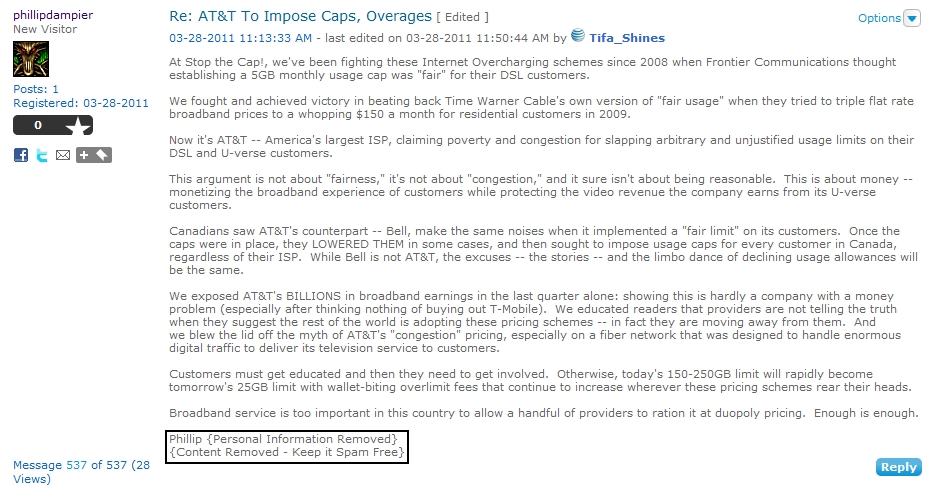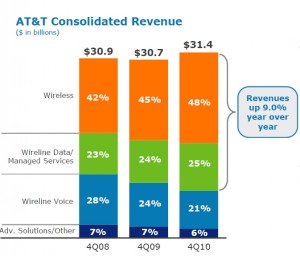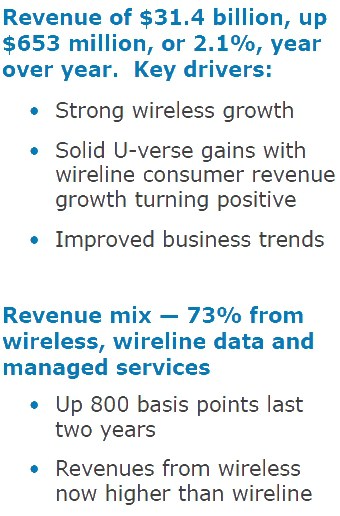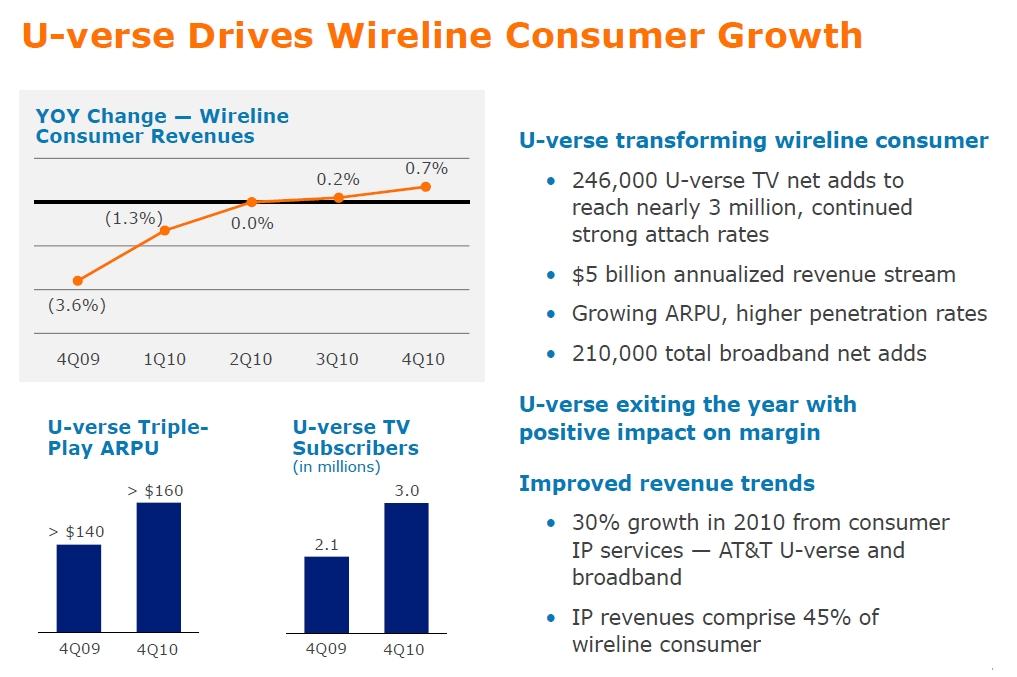
Powell
Former Federal Communications Commission Chairman Michael Powell has been hired as America’s top cable industry lobbyist — taking over as president of the National Cable & Telecommunications Association.
Powell’s tenure on the Commission started during the Clinton Administration after President Clinton signed the 1996 Communications Act into law, which brought sweeping deregulation and industry consolidation. Powell’s appointment as one of two Republican commissioners came with an agenda for deregulation and competition. Powell believed free markets were best equipped to manage telecommunications in the United States.
His regulatory record impressed President George Bush, who appointed him chairman of the FCC during his first term. Powell’s service at the Commission was marked by good times for the telecommunications industry, which was rapidly consolidating even as it added new customers. Broadband was a rapid growth industry and getting service to consumers was a priority. Powell’s interest in broadband often walked over the interests of others regulated by the Commission. Powell was a major proponent of the now-forgotten “broadband over power lines” concept, which alienated broadcasters and amateur radio operators because the technology used unshielded power lines which often reduced much of the AM and shortwave radio dial to a cacophony of digital noise where it was attempted.
Powell’s record was consistently pro-provider except in one area — he was a strong advocate of Net Neutrality, going as far as to fine Madison River Communications for blocking VoIP telephone service in 2005 – the first time the concept of Net Neutrality was enforced.

The NCTA is the cable industry's biggest lobbying group.
Later, he laid the foundation for a flawed mechanism to partially enforce Net Neutrality under an FCC policy that classified broadband as an “information service,” not a “telecommunications service.” It was this policy that was the subject of a lawsuit by Comcast which objected to the policy framework as untenable and lacking in authority. A DC Court of Appeals agreed and overturned the policy, setting the stage for the 2010 fight for Net Neutrality.
During the start of Bush’s second term, Powell left the FCC and quickly assumed membership on the Board of Directors at Cisco, an equipment manufacturer that also sells the theory of the “zettabyte era,” where a great wave of Internet usage could create Internet “brownouts.” Cisco and other manufacturers have also closely aligned themselves with the large telecommunications companies who are among their best customers.
Powell today serves as “honorary co-chair” of the industry front group Broadband for America, perhaps America’s largest corporate astroturf telecom group supporting broadband policies favorable to the industry that pays for their operation, while purporting to represent consumer interests.

Kyle McSlarrow is the outgoing head of the cable lobby.
His assumption of leadership at the NCTA, replacing Kyle McSlarrow (who is headed to Comcast to run their DC lobbying operation) — a strong advocate of Internet Overcharging — is likely a natural fit for the cable industry agenda, with the exception of Powell’s “tarnished record” of supporting Net Neutrality. But his anti-regulatory, pro-provider credentials go unquestioned by most in the industry. The congratulatory well-wishes have come pouring in since the announcement earlier today:
Matt Polka, American Cable Association: “The American Cable Association congratulates former Federal Communications Commission chairman Michael Powell on his appointment as NCTA’s new president and CEO. Everyone in the independent cable community wishes Michael the very best in his new position, and we look forward to working with him on the issues that are important to both large and small cable operators.”
Brian Roberts, Comcast: “We are thrilled that Michael Powell has accepted the position as CEO of NCTA. As a former FCC Chairman and advisor to Providence Equity, Michael brings unprecedented government and business experience to his new position. Michael is respected by the leaders of both the Senate and House, Republicans and Democrats, as well as the Administration and the business community. The cable industry is fortunate to have him as the new leader of our trade association.”
Gordon Smith, Nat’l. Assn. of Broadcasters: “NAB salutes the NCTA for its outstanding choice of former FCC chairman Michael Powell as its new president and CEO. I got to know Michael well during my tenure on the Senate Commerce Committee, and always found him to be thoughtful, engaging and a tremendous public servant. Though NAB and NCTA do not always agree on every issue, we look forward to working with Michael in the months ahead on public policy issues where we might find mutual agreement.”

The revolving door never stops turning as regulators take jobs with the industries they used to regulate.
Among consumer groups, Media Access Project and Public Knowledge tried to start off on a good note. Andrew Schwartzman from MAP has a long history disagreeing with Powell during his time at the FCC, but still calls him a friend and looks forward to sparring with him in the future. Gigi Sohn from Public Knowledge said their group hopes he will “help the association realize the transition to a broadband economy will take many forms, as consumers wish to exercise choices of online services and service providers.”
Free Press was in no mood to ingratiate themselves with Powell. Craig Aaron, Free Press Managing Director, issued a statement affirming this was indeed good news for the cable industry.
“If you wonder why common sense, public interest policies never see the light of day in Washington, look no further than the furiously spinning revolving door between industry and the FCC.
Former Chairman Michael Powell is the natural choice to lead the nation’s most powerful cable lobby, having looked out for the interests of companies like Comcast and Time Warner during his tenure at the Commission and having already served as a figurehead for the industry front group Broadband for America.
During his time as a public servant, Chairman Powell once dismissed the notion of a digital divide as no different from the Mercedes divide that afflicted him — after all, he said, not everyone who wants a Mercedes can have one.
Thanks in no small part to the policies he pursued at the FCC and to the cable lobby’s unyielding fight against any real competition in the broadband market, the digital divide is still with us. But today we can finally say, at least in Michael Powell’s case, that the Mercedes divide is closing.”


 Subscribe
Subscribe













